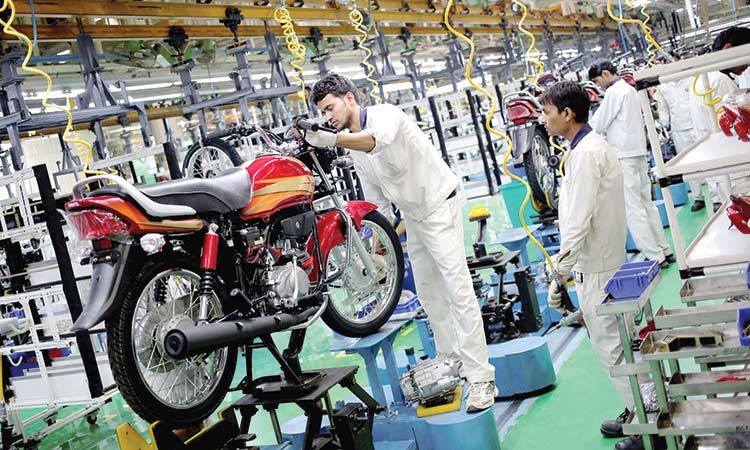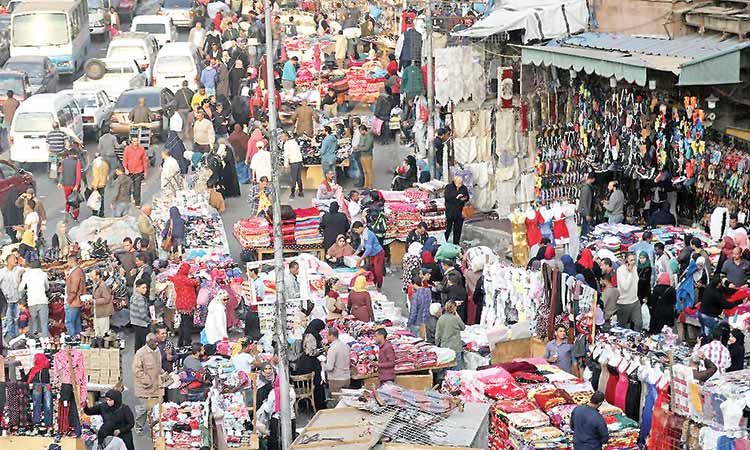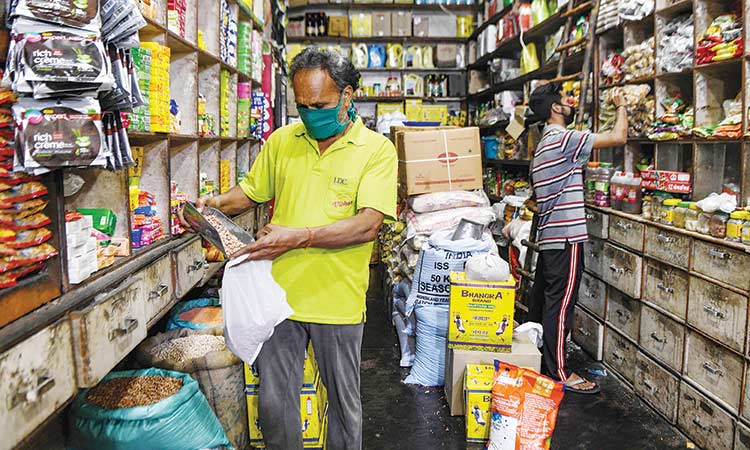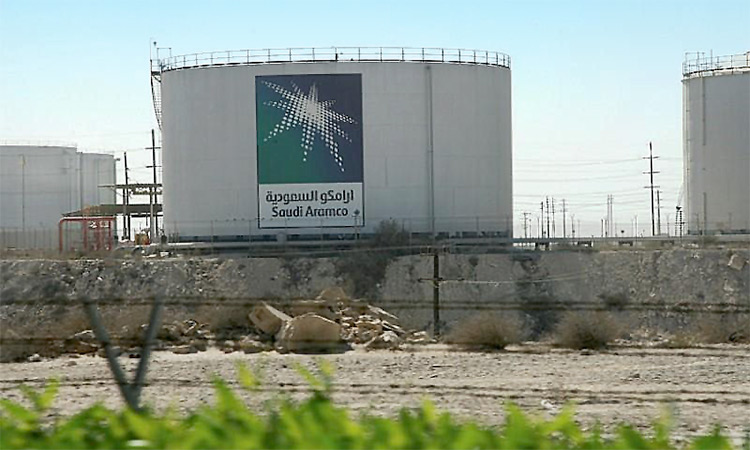Russian CB raises key interest rate to 16% to counter inflation

People walk past the Central Bank headquarters in Moscow. File/Reuters
The central bank has been grappling with the economic fallout of the offensive in Ukraine that includes Western sanctions, a surge in government military spending and the call-up of hundreds of thousands of men.
“Current inflationary pressures remain high. Annual inflation for 2023 is expected to be close to the upper bound of the 7.0-7.5 per cent forecast range,” the Bank of Russia said in a statement explaining its decision.
Higher interest rates are designed to sap demand by making it more expensive to borrow money and encouraging consumers and businesses to save, not spend.
Analysts expected the increase as the central bank repeatedly stated its priority to fight inflation, which accelerated to 7.5 per cent in November.
The Bank said it was anticipating “that tight monetary conditions will be maintained in the economy for a long period.” The exchange rate is seen as a key barometer of Russia’s economic health by politicians, businesses and the population.
The decision to raise it comes a week after Russian President Vladimir Putin announced plans to run in tightly-controlled polls in 2024 to stay in the Kremlin until at least 2030.
At his end-of-year press conference Thursday Putin hailed the 2.9 per cent unemployment rate “at an all time low”, calling it “a very good indicator of the state of the economy.” But analysts say the low employment rate is not a healthy sign but instead shows a shortage of recruits, with various sectors struggling to fill posts.
The mobilisation of hundreds of thousands of men took them off the job market, while prompting many of the most educated parts of the population to flee the country.
The lack of manpower is driving up the wages, as employers are forced to offer more attractive salaries in order to recruit.
While this has created a cycle of rising wages and prices, a rapid rise in military spending has pushed the government into a deficit.
Russian Central Bank Governor Elvira Nabiullina and her deputy Alexei Zabotkin gave a press conference on Friday after the central bank raised its key interest rate by 100 basis points to 16%.
Elvira Nabiullina said, “Two options were substantively considered - keeping the rate and raising it by 100 basis points. There were isolated proposals for a 200-bp increase, but two options were substantively considered.”
She added, “Based on our baseline scenario - yes, we are probably close to the end of the rate hiking cycle, but in many ways it will depend on the situation, on what happens to the sustainable components of inflation and we will make specific decisions on rates based on incoming new data and adjustment of our forecast.”
On recession risks, Nabiullina added, “We do not expect a recession... It is very important to take timely decisions to cool excess demand and to slow down inflation. Those countries that are late with this... they have to go through a recession. Our policy is aimed at doing this in a timely manner and avoiding recession risks.”
She said about inflation,”Our forecast now is that inflation in 2023 will hover near the upper end of our October forecast - at 7.5%, maybe a little more or a little less, depending on how the price environment evolves in the final weeks (of the year). We know that weekly inflation is quite volatile.” “For 2024, we are not changing our forecast. We believe that... we can have inflation of 4.0-4.5% by the end of the year, but, of course, the risks are skewed towards pro-inflationary.”
“Inflation expectations have remained high for several years in a row. We are very concerned about this. I believe that an anchor in the form of low predictable inflation should be the main anchor in our policy.”
Alexei Zabotkin on inflation target, “If we were to change the inflation target based on unfolding circumstances, it would be similar to saying that there really is no target... So the point of policy is achieving stability, price stability under all conditions.”
Nabiullina said on Yuan and reserves “As for diversification of gold and FX reserves, we are not considering this as an option. It seems to us that the structure of the reserves allows to tackle the tasks for which the reserves are created, including, first of all, mitigation of financial stability risks, should they arise.”
“Interventions, for example, in yuan, if they are required, they are possible, because now the economy has also adjusted and there’s demand not only for dollars and euros, but also for yuan as a foreign currency.”







